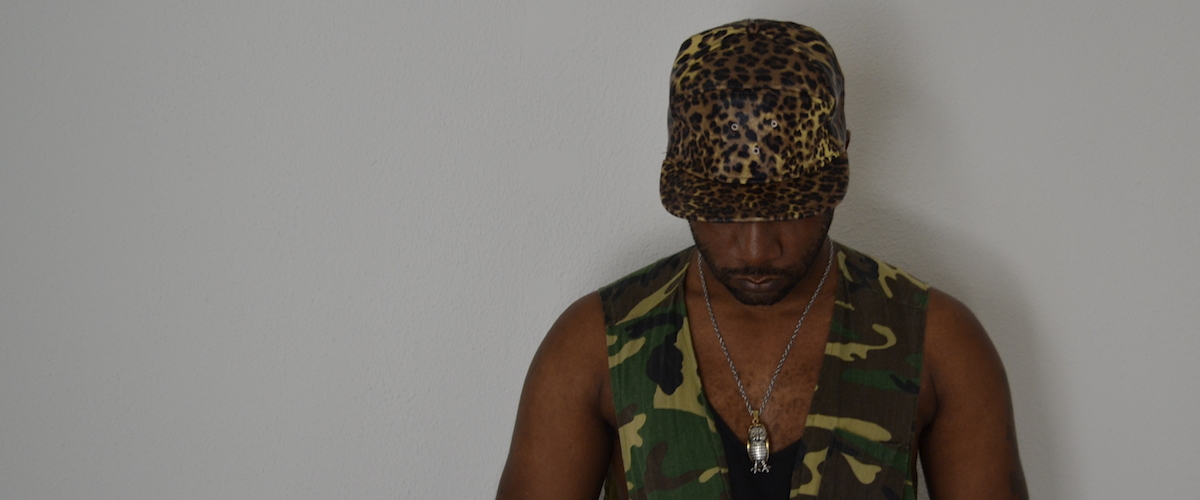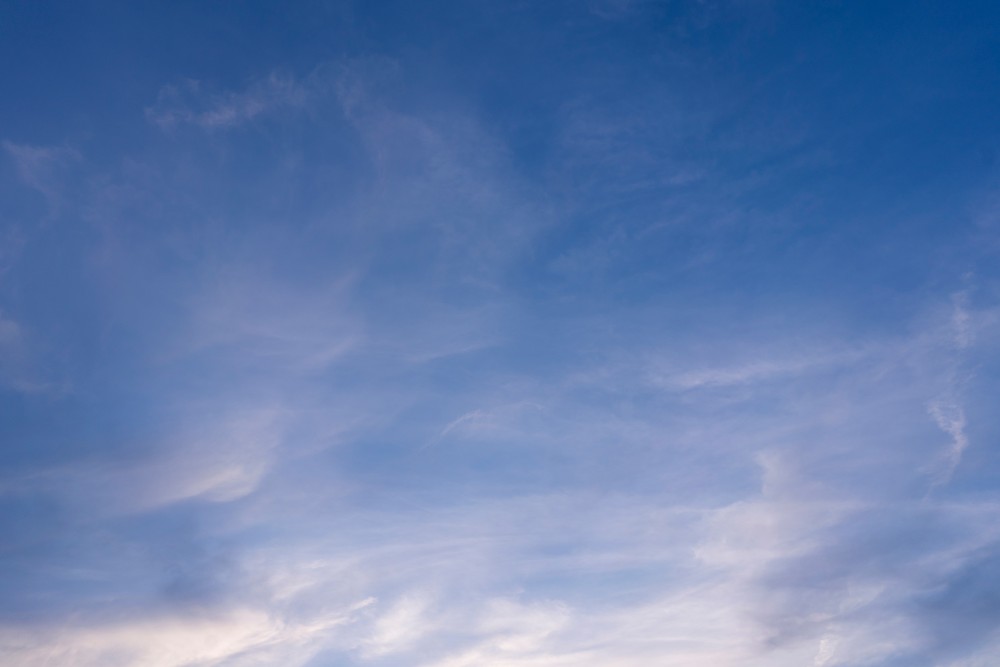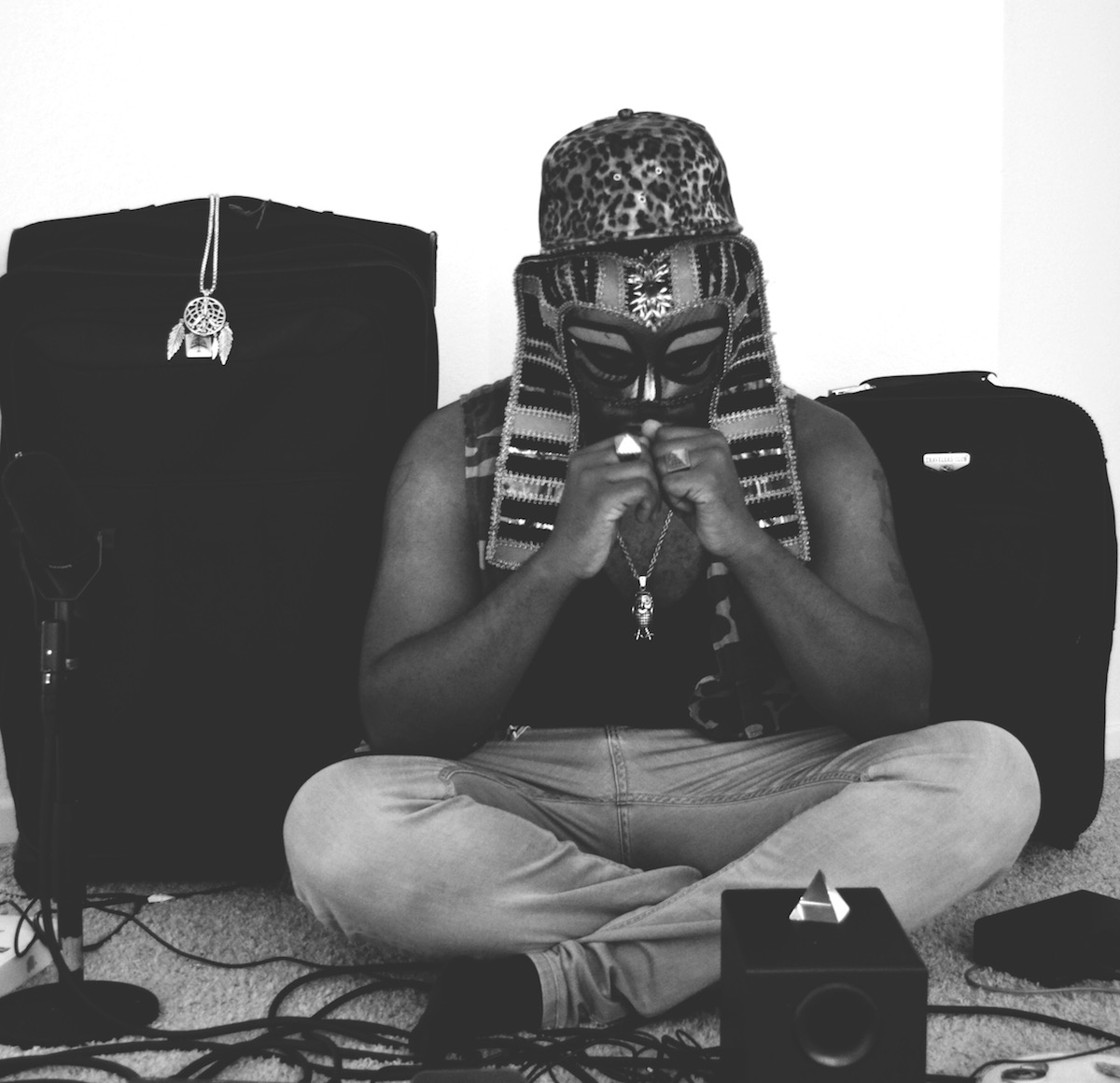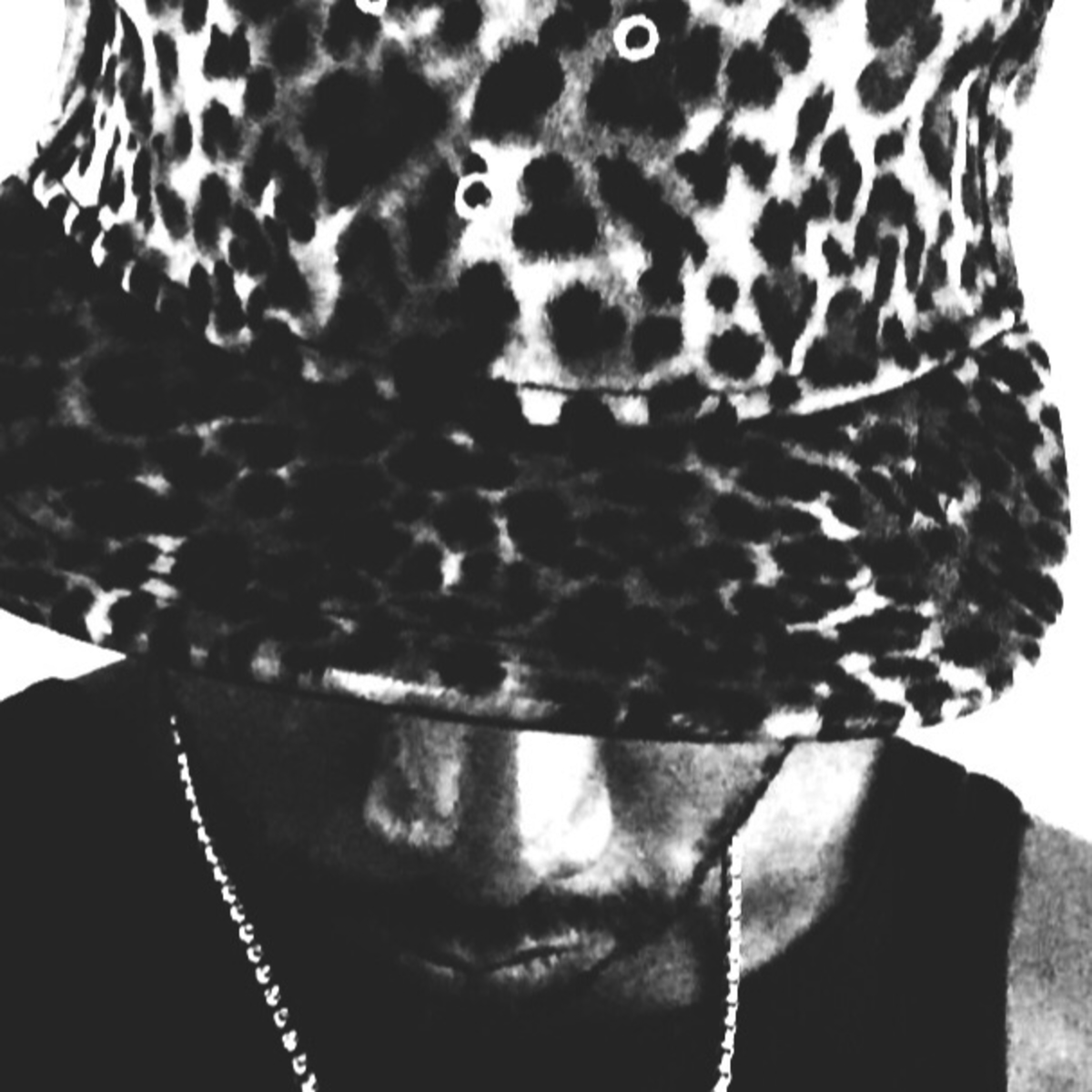Seven Davis Jr.: The Other Side
XLR8R gets the story behind the LA-based producer's sophomore full-length.

Seven Davis Jr.: The Other Side
XLR8R gets the story behind the LA-based producer's sophomore full-length.

Seven Davis Jr. has left an indelible mark on the world of electronic music in recent years. The Los Angeles musician has rode a skyrocketing trajectory ever since his earliest material dropped back in 2013; picked up by the likes of Ninja Tune and Classic, the depth and variety in his productions have earned well-deserved respect far and wide. Yet, through all of it the path has been anything but smooth for him, and with his recent return to the Bay Area it seems things are yet to totally settle down. Garth Trinidad caught up with Davis ahead of the release of his sophomore album, Live From The Other Side, to get the story behind the upcoming work.
Gently tucked into residential foliage that offsets storied landmarks of LA’s iconic Sunset Boulevard lies the latest secret hideout of Houston born, Bay Area-bred artist and DJ Seven Davis Jr. His flat is a modern minimalist’s wet dream—open-plan with dark wood floors, white walls, flatscreen, portable turntable at foot level, and three precisely placed steel-framed architectural chairs. In his bedroom, only a slender recording setup with a modest keyboard and microphone lie in the middle of the floor. “I record on the floor, like this,” he shares as he sits into lotus position and continues, “My vocals actually sound good in this room”. Moving about the flat we discuss the benefits of decluttering physical space as a mental exercise. “Living and working like this allows me to think,” he says. “Ideas flow more freely with nothing to distract me. If I got a couch, I might lay on it all day.” In this space, the chairs seem to have a resolute purpose—nothing is wasted as we sit, while I place a recording device between us on the third. “Female friends that have been here don’t get it,” he chuckles.
Spending the last four years anchored in London while touring the EU, Davis linked up with Ninja Tune, which lead to the release of his 2015 Universes LP. At that time, he also learned how to DJ “out of necessity” in Gilles Peterson’s Brownswood basement: “My first couple of times DJing I was kicked off the decks,” he explains. “It wasn’t because I was horrible at it though. Many of the club soundsystems weren’t set up well for vocals or live performance, so I had to change up on the spot and play music instead of perform. There was an audience expectation that went unmet”.
Holding DJs in high regard, he admits that it took a while to accept the notion that he could also be one. “I never expected to be a DJ,” he says. “I’ve always been a singer and I was in a choir as a kid. I was a dancer for a bit, too. I grew up around DJs, loved DJs. When I was in the bay, it was all about Mark Farina, Green Velvet, Osunlade. It literally snuck up behind me. I used to stare intently at my DJ friends working and wonder what the hell they were doing. It didn’t even make sense to me at the time. All the button pushing, all the movement…I was in awe.”

“I was literally touring Europe the whole time. Hotels, Airnb—it was beautiful, it changed my life. Next thing I know, it’s been four years and I kind of woke up. I realized I was homesick.”
The hushed return to the West Coast is strategic for the open-minded artist’s social health and entrepreneurial plans. “London is a rich, magical place,” he muses. “Its music and partying—I could do that forever. I was literally touring Europe the whole time. Hotels, Airnb—it was beautiful, it changed my life. Next thing I know, it’s been four years and I kind of woke up. I realized I was homesick.” Gracious and humble, having tasted the bittersweet, starving artist lifestyle in LA before moving across the pond, Davis revels in his newfound creative and physical space. “It’s good to have some type of balance and foundation. I’m getting used to the neighborhood, having an apartment that’s actually mine. Having a foundation, now I can go back and play. If I kept going I would’ve looked up and all those years would be gone. What about relationships and in between life moments, you know?”
Davis recorded his sophomore album (which is set for release this fall on his own Secret Angels label) in London, subsequently re-recording it upon experiencing an acute emotional shift once back in LA. “The new album is called Live From The Other Side because I’ve spent all these years hungry, chasing. Not ruthless, not desperate, but pushing, wishing people would listen. So, this is life after you reach that”, he reveals. “It’s music made after making dreams come true, realizing there are even more dreams to pursue.”
Underneath this noble, virtuous surface, Seven proceeds to reveal deeper layers of cryptic drama. “Another thing about Live From The Other Side, without being dramatic, is that I had a huge drug problem when I was younger. It took a long time for me to recover. I was recovering and I didn’t tell anybody,” he discloses. “I came to LA the first time to get away from a certain environment. I was in the Bay Area, San Fran, Oakland, under every rock!”. In order to escape it all, he flew south in order to ghost write for a burgeoning rap group who broke up upon his arrival. “I was there the day it happened—I got here and watched them break up.” It was then that he decided to stay in order to remove himself from certain people and interrupt behavior patterns. “So the album is about being healed, on the other side of my struggles.”
He dubs the new record an aural swirl inspired by disco, doo-wop, and classic rock, referencing old Hollywood grandeur and spots like The Viper Room, merely steps away from his front stoop. “Living in London, my listening has been oldies—’50s, ‘60s, ‘70s, and house and techno,” he states. These textures are familiar throughout Davis’ evolving sonic narrative, which for the discerned listener are tenderly folded into his signature chunky, analog beats, lingering heavy chords, holy ghost catching stomps and handclaps, and Prince-esque vocal nods. But, what tends to stand out the most is a unique swing, regardless of tempo, weight, and energy.
“The thing is, there’s no separation for me—I love downtempo, I love uptempo, midtempo, house, hella fast stuff, I love screw, but not everyone else in the world is that flexible with tempos.”
For those of us that choose not to play in one musical sandbox, we can pour from Davis’ energetic deep house bucket as much as we do his early mid and downtempo offerings. “The funny thing about my life, this dimension I exist in,” he reflects, “is that I have downtempo fans that get neglected you know. Or, if I’m doing this project I’m pissing off these people or those people. The thing is, there’s no separation for me—I love downtempo, I love uptempo, midtempo, house, hella fast stuff, I love screw, but not everyone else in the world is that flexible with tempos.” After a contemplative pause he continues: “The reason why I ultimately left London, is that I wanted a clean slate, I wanted everything to be pure, no preservatives…just me and the music”.


Speaking of boxes, the conversation veers toward Davis’ new venture, Secret Angels. “I like to listen and study now I’m back in LA. I’m working on projects with artists now, but I’m using myself as a guinea pig for the label,” he asserts. “The first 3 releases are just my work—Prince Michael, Circa 1999—music I made when I was 17, and my new album. Whatever proceeds are made from the new album will go towards funding the next artist’s project.” His goal with this new platform is sincerity without brand borders, rather aesthetic value as the signature characteristic. “I don’t want it to be the go to for house, even though you could go to it for house, but you could go to it for underground soul, hip-hop, and what not,” he declares. Aware of the boundless possibilities of the current market landscape for those willing to see past the primitive nature of major recording contracts, Davis shares his excitement. A warm smile is painted on his face with talk of a new artist and producer collective, mapping out a trajectory full of promise.
His tale is a dark, whimsical adventure full of shadowy characters and hazy recollections of drug-induced odysseys that ultimately lead to redemption through personal revelation; the whole process has inspired his philosophy of simplicity and razor sharp focus, evident in the velocity of his output. Since 2013, singles, EPs, albums, cameos, and remixes via labels like IZWID, Must Have, Apron, Ten Thousand Yen, Okayplayer, and Ninja Tune have circulated through Earth’s varying tribes of beat-heads, house-heads, dancers, club and radio DJs, all to critical acclaim. It’s groovy to have him back in the City of Angels, planning, plotting, and working for the love of music.

